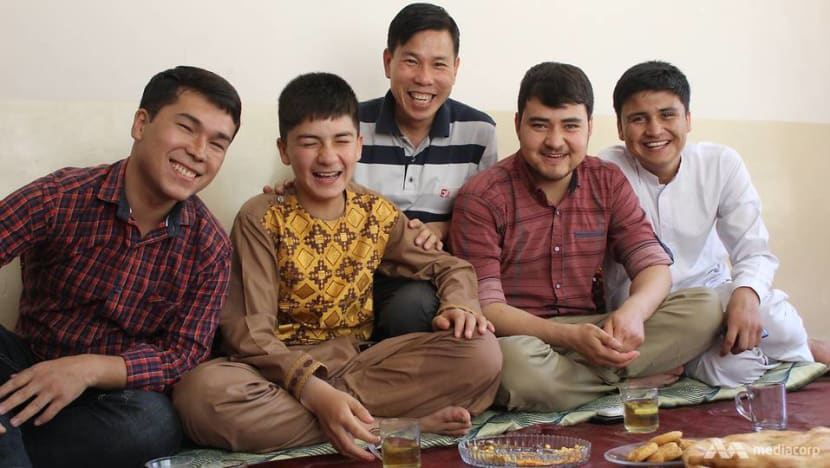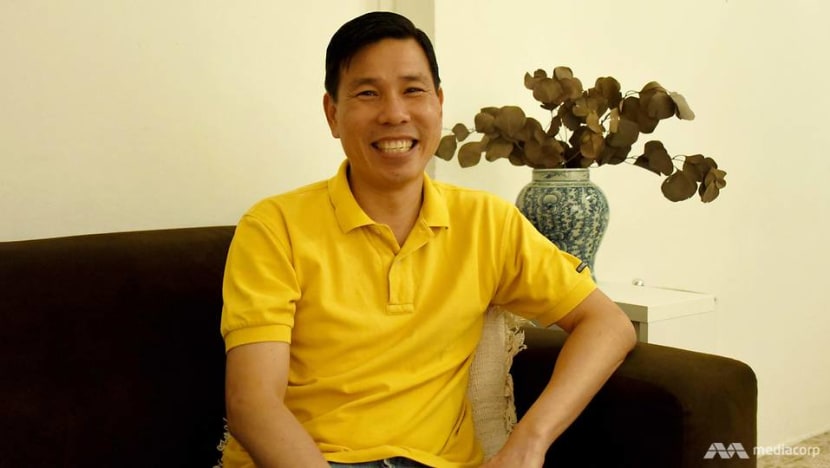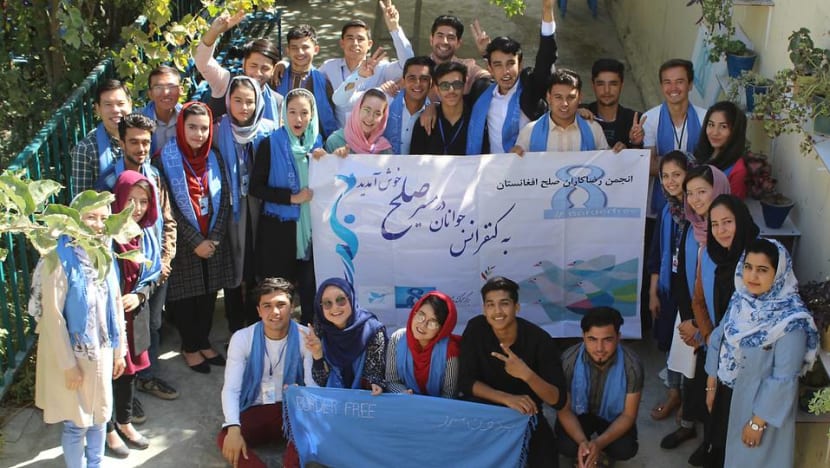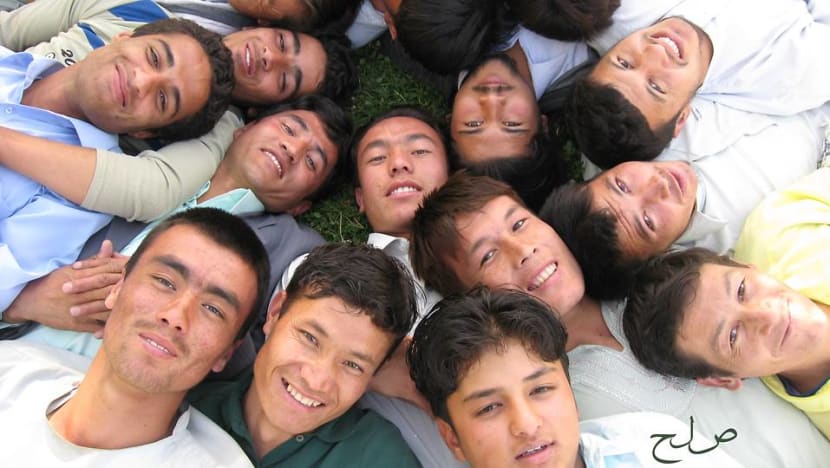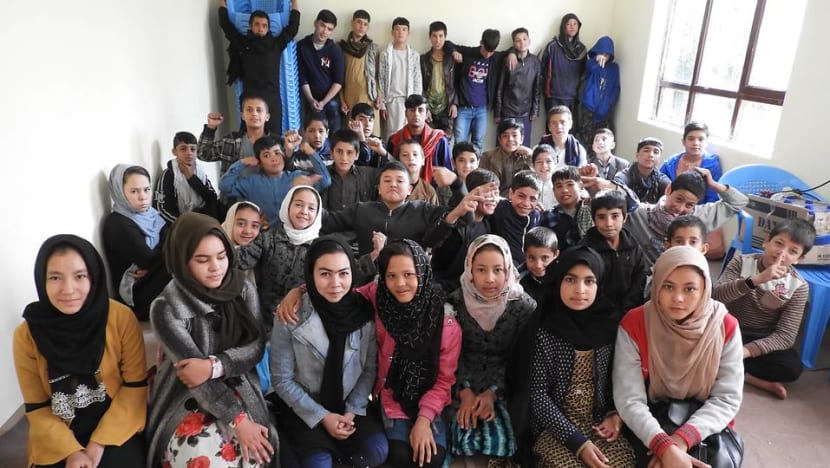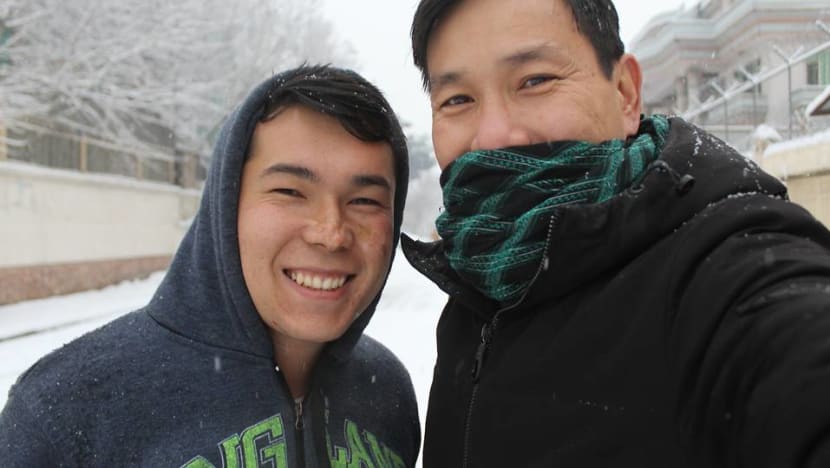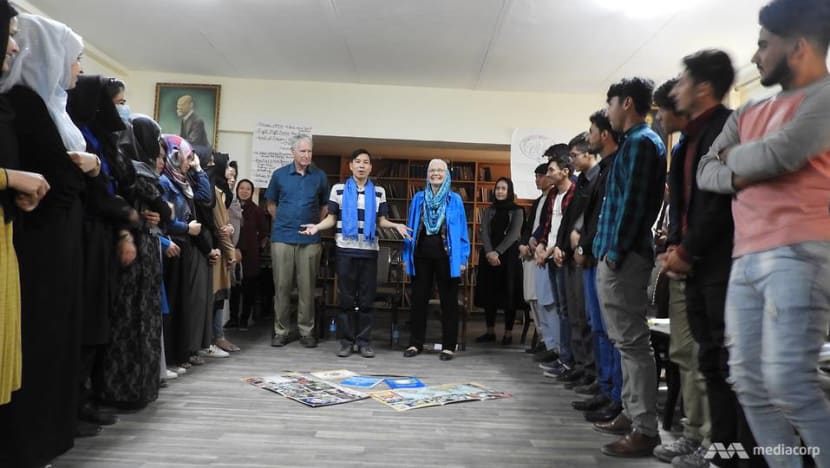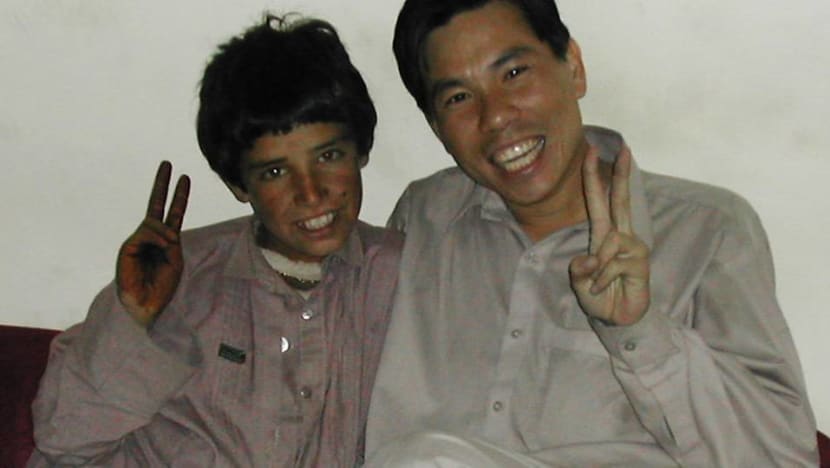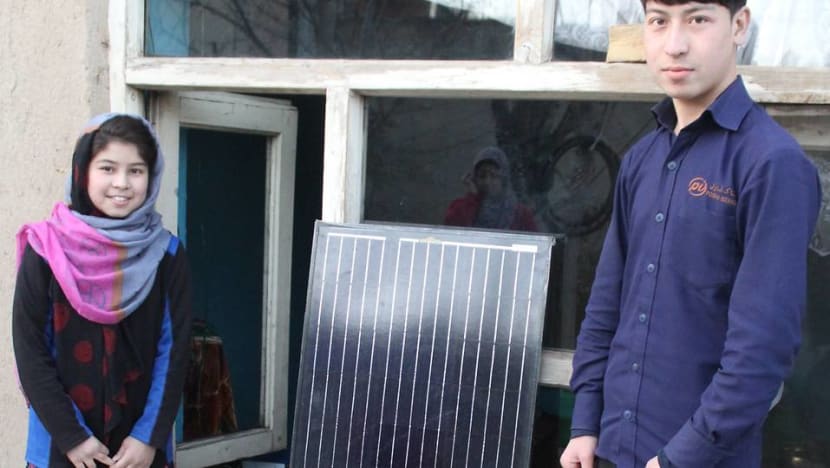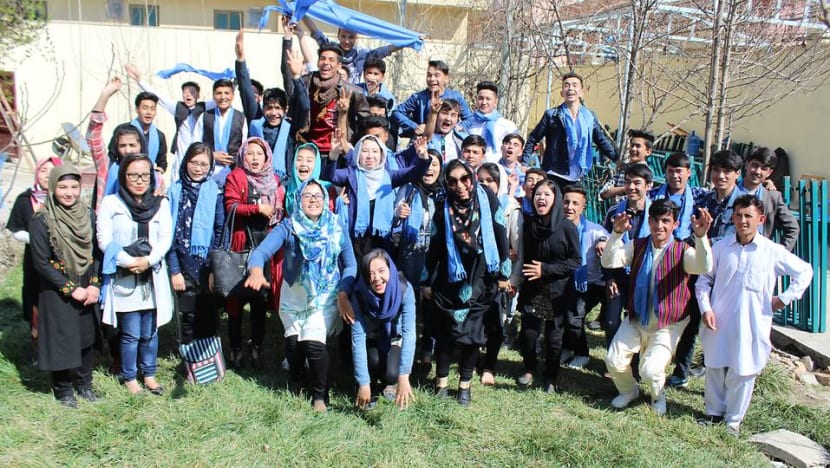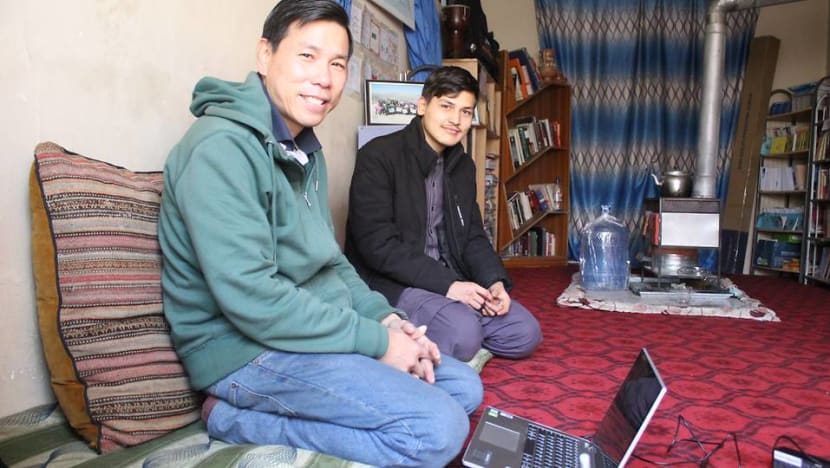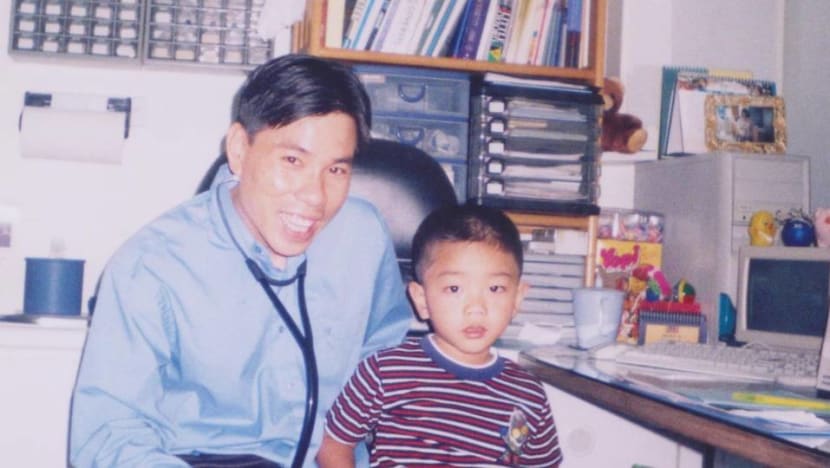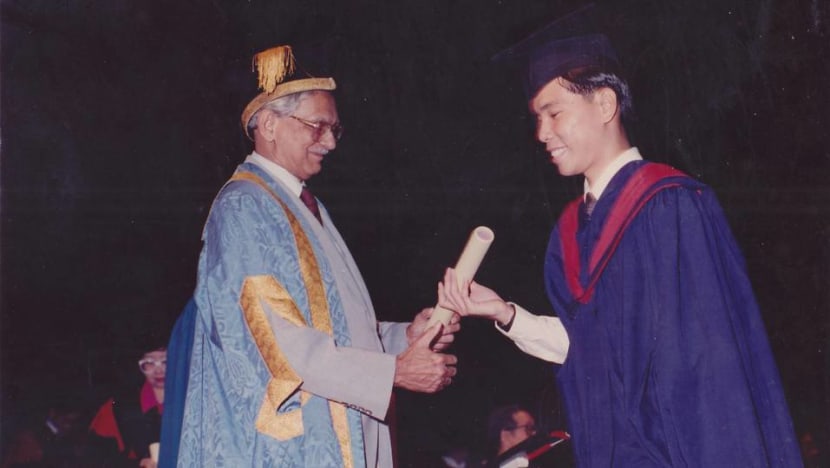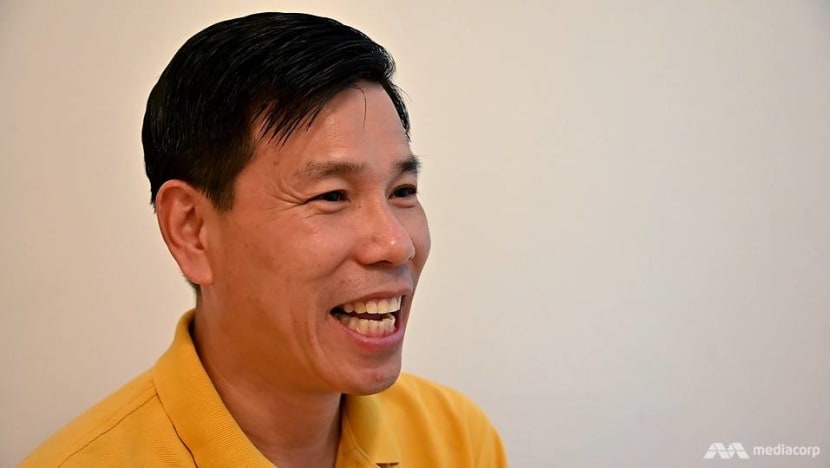https://www.politico.com/news/magazine/2021/07/06/afghanistan-war-malkasian-book-excerpt-497843
…I have found no single answer to why we lost the war. While various explanations address different parts of the puzzle, the one I want to highlight here can perhaps be seen most clearly in the conversations I’ve had with the Taliban themselves, often in their native Pashto. “The Taliban fight for belief, for janat (heaven) and ghazi (killing infidels). … The army and police fight for money,” a Taliban religious scholar from Kandahar told me in 2019. “The Taliban are willing to lose their head to fight. … How can the army and police compete?”
The Taliban had an advantage in inspiring Afghans to fight. Their call to fight foreign occupiers, steeped in references to Islamic teachings, resonated with Afghan identity. For Afghans, jihad — more accurately understood as “resistance” or “struggle” than the caricatured meaning it has acquired in the United States — has historically been a means of defense against oppression by outsiders, part of their endurance against invader after invader. Even though Islam preaches unity, justice and peace, the Taliban were able to tie themselves to religion and to Afghan identity in a way that a government allied with non-Muslim foreign occupiers could not match.
The very presence of Americans in Afghanistan trod on a sense of Afghan identity that incorporated national pride, a long history of fighting outsiders and a religious commitment to defend the homeland. It prodded men and women to defend their honor, their religion and their home. It dared young men to fight. It sapped the will of Afghan soldiers and police. The Taliban’s ability to link their cause to the very meaning of being Afghan was a crucial factor in America’s defeat.
This explanation has been underappreciated by American leaders and experts, myself included. We believed things were possible in Afghanistan — defeat of the Taliban or enabling the Afghan government to stand on its own — that probably were not. That doesn’t necessarily mean that we should have abandoned Afghanistan long ago, given what we knew at the time. It does mean that the strategy could have been better managed to avoid expending resources on objectives that were unlikely to be attained. Less money could have been spent. Fewer lives could have been lost. But that America couldn’t have done much more than muddle along for years in the face of a relentless enemy is the unsatisfying, sometimes frustrating coda to our longest war….
A few months after returning home, I attended a discussion at the State Department with Michael McKinley, the U.S. ambassador to Afghanistan. We were having a lively debate about why the Taliban fight when the ambassador interjected. “Maybe I have read too much Hannah Arendt,” he said, referring to the 20th-century philosopher who argued that human action was spurred by fears and past experiences, “but I do not think this is about money or jobs. The Taliban are fighting for something larger.” McKinley captured what I was feeling but had not articulated, and what the Taliban scholar would reiterate for me five years later.
The Taliban exemplified something that inspired, something that made them powerful in battle, something tied to what it meant to be Afghan. They cast themselves as representatives of Islam and called for resistance to foreign occupation. Together, these two ideas formed a potent mix for ordinary Afghans, who tend to be devout Muslims but not extremists. Aligned with foreign occupiers, the government mustered no similar inspiration. It could not get its supporters, even if they outnumbered the Taliban, to go to the same lengths. Given its association with the Americans, the government’s claim to Islam was fraught, even while the Taliban were able to co-opt Afghans’ religiosity in service of their extremist vision. However wrongly, the Taliban could use U.S. occupation to differentiate themselves from the government as truer representatives of Islam. More Afghans were willing to serve on behalf of the government than the Taliban. But more Afghans were willing to kill and be killed for the Taliban. That edge made a difference on the battlefield.
The explanation is powerful, but also dangerous. It can be twisted to mean that all Muslims are bent on war or are fanatics. Such an interpretation would be wrong: Islam is a source of unity and inspiration, not of terrorism or atrocity. To say that a people have sympathy for their countrymen and co-religionists over foreigners is hardly to label Islam as evil. The point is that it is tougher to risk life for country when fighting alongside what some call occupiers, especially when they do not share your faith.
The explanation came up in a variety of conversations and correspondence I have had over the years with Afghans, military commanders, tribal leaders and Taliban themselves. Kandahar’s notorious police chief, the late Abdul Razziq, was renowned for caring for his officers and something of an authority on fighting the Taliban. He told me, “Taliban morale is better than government morale. Taliban morale is very high. Look at their suicide bombers. The Taliban motivate people to do incredible things.”
A Taliban religious leader from Paktia made a similar point:
This thinking extends to ordinary Afghans as well, many of whom do not subscribe to the Taliban’s extremist political vision but are sympathetic to their invocation of Islamic principles against foreign occupiers. The 2012 Asia Foundation survey, the most respected survey of the Afghan people, found that of those Afghans who strongly sympathized with the Taliban, 77 percent said they did so because the Taliban were Afghans, Muslims, and waging jihad.
Over time, aware of the government’s vulnerable position, Afghan leaders turned to an outside source to galvanize the population: Pakistan. Razziq, President Hamid Karzai and later President Ashraf Ghani used Pakistan as an outside threat to unite Afghans behind them. They refused to characterize the Taliban as anything but a creation of Islamabad. Razziq relentlessly claimed to be fighting a foreign Pakistani invasion. Yet Pakistan could never fully out-inspire occupation. A popular tale related to me in 2018 by an Afghan government official illuminates the reality:
The literature to date has respectfully neglected this explanation — in a country where people have eagerly tried to convert me to Islam, where religion defines daily life, and where insults to Islam instigate riots. The largest popular upheaval I witnessed firsthand in Afghanistan was not over the government’s mistreatment of the people or Pakistani perfidy. It was hundreds of angry villagers marching miles to the dusty bazaars of Garmser, protesting a rumor that an American had damaged a Koran….
…I have found no single answer to why we lost the war. While various explanations address different parts of the puzzle, the one I want to highlight here can perhaps be seen most clearly in the conversations I’ve had with the Taliban themselves, often in their native Pashto. “The Taliban fight for belief, for janat (heaven) and ghazi (killing infidels). … The army and police fight for money,” a Taliban religious scholar from Kandahar told me in 2019. “The Taliban are willing to lose their head to fight. … How can the army and police compete?”
The Taliban had an advantage in inspiring Afghans to fight. Their call to fight foreign occupiers, steeped in references to Islamic teachings, resonated with Afghan identity. For Afghans, jihad — more accurately understood as “resistance” or “struggle” than the caricatured meaning it has acquired in the United States — has historically been a means of defense against oppression by outsiders, part of their endurance against invader after invader. Even though Islam preaches unity, justice and peace, the Taliban were able to tie themselves to religion and to Afghan identity in a way that a government allied with non-Muslim foreign occupiers could not match.
The very presence of Americans in Afghanistan trod on a sense of Afghan identity that incorporated national pride, a long history of fighting outsiders and a religious commitment to defend the homeland. It prodded men and women to defend their honor, their religion and their home. It dared young men to fight. It sapped the will of Afghan soldiers and police. The Taliban’s ability to link their cause to the very meaning of being Afghan was a crucial factor in America’s defeat.
This explanation has been underappreciated by American leaders and experts, myself included. We believed things were possible in Afghanistan — defeat of the Taliban or enabling the Afghan government to stand on its own — that probably were not. That doesn’t necessarily mean that we should have abandoned Afghanistan long ago, given what we knew at the time. It does mean that the strategy could have been better managed to avoid expending resources on objectives that were unlikely to be attained. Less money could have been spent. Fewer lives could have been lost. But that America couldn’t have done much more than muddle along for years in the face of a relentless enemy is the unsatisfying, sometimes frustrating coda to our longest war….
A few months after returning home, I attended a discussion at the State Department with Michael McKinley, the U.S. ambassador to Afghanistan. We were having a lively debate about why the Taliban fight when the ambassador interjected. “Maybe I have read too much Hannah Arendt,” he said, referring to the 20th-century philosopher who argued that human action was spurred by fears and past experiences, “but I do not think this is about money or jobs. The Taliban are fighting for something larger.” McKinley captured what I was feeling but had not articulated, and what the Taliban scholar would reiterate for me five years later.
The Taliban exemplified something that inspired, something that made them powerful in battle, something tied to what it meant to be Afghan. They cast themselves as representatives of Islam and called for resistance to foreign occupation. Together, these two ideas formed a potent mix for ordinary Afghans, who tend to be devout Muslims but not extremists. Aligned with foreign occupiers, the government mustered no similar inspiration. It could not get its supporters, even if they outnumbered the Taliban, to go to the same lengths. Given its association with the Americans, the government’s claim to Islam was fraught, even while the Taliban were able to co-opt Afghans’ religiosity in service of their extremist vision. However wrongly, the Taliban could use U.S. occupation to differentiate themselves from the government as truer representatives of Islam. More Afghans were willing to serve on behalf of the government than the Taliban. But more Afghans were willing to kill and be killed for the Taliban. That edge made a difference on the battlefield.
The explanation is powerful, but also dangerous. It can be twisted to mean that all Muslims are bent on war or are fanatics. Such an interpretation would be wrong: Islam is a source of unity and inspiration, not of terrorism or atrocity. To say that a people have sympathy for their countrymen and co-religionists over foreigners is hardly to label Islam as evil. The point is that it is tougher to risk life for country when fighting alongside what some call occupiers, especially when they do not share your faith.
The explanation came up in a variety of conversations and correspondence I have had over the years with Afghans, military commanders, tribal leaders and Taliban themselves. Kandahar’s notorious police chief, the late Abdul Razziq, was renowned for caring for his officers and something of an authority on fighting the Taliban. He told me, “Taliban morale is better than government morale. Taliban morale is very high. Look at their suicide bombers. The Taliban motivate people to do incredible things.”
A Taliban religious leader from Paktia made a similar point:
More convincingly, multiple surveys of Taliban opinion by Graeme Smith, Ashley Jackson, Theo Farrell, Antonio Giustozzi and others have confirmed that the Taliban fight in part because they believe it their Islamic duty to resist occupation and are convinced their cause will enable them to win. Jackson’s survey of 50 Taliban, published in 2019, discovered that they described their decision to join the movement “in terms of religious devotion and jihad—a sense of personal and public duty. In their view, jihad against foreign occupation was a religious obligation, undertaken to defend their values.” Jihad was about identity, she concluded.I hear every day of an incident where police or army soldiers are killed. … I do not know if they are committed to fighting the Taliban or not. Many of the police and soldiers are there only for dollars. They are paid good salaries but they do not have the motivation to defend the government. … Taliban are committed to the cause of jihad. This is the biggest victory for them.
This thinking extends to ordinary Afghans as well, many of whom do not subscribe to the Taliban’s extremist political vision but are sympathetic to their invocation of Islamic principles against foreign occupiers. The 2012 Asia Foundation survey, the most respected survey of the Afghan people, found that of those Afghans who strongly sympathized with the Taliban, 77 percent said they did so because the Taliban were Afghans, Muslims, and waging jihad.
Over time, aware of the government’s vulnerable position, Afghan leaders turned to an outside source to galvanize the population: Pakistan. Razziq, President Hamid Karzai and later President Ashraf Ghani used Pakistan as an outside threat to unite Afghans behind them. They refused to characterize the Taliban as anything but a creation of Islamabad. Razziq relentlessly claimed to be fighting a foreign Pakistani invasion. Yet Pakistan could never fully out-inspire occupation. A popular tale related to me in 2018 by an Afghan government official illuminates the reality:
Or in the shorter Afghan proverb form: “Over an infidel, be happy with a weak Muslim.”An Afghan army officer and a Taliban commander were insulting each other over their radios while shooting back and forth. The Taliban commander taunted: “You are puppets of America!” The army officer shouted back: “You are the puppets of Pakistan!” The Taliban commander replied: “The Americans are infidels. The Pakistanis are Muslims.” The Afghan officer had no response.
The literature to date has respectfully neglected this explanation — in a country where people have eagerly tried to convert me to Islam, where religion defines daily life, and where insults to Islam instigate riots. The largest popular upheaval I witnessed firsthand in Afghanistan was not over the government’s mistreatment of the people or Pakistani perfidy. It was hundreds of angry villagers marching miles to the dusty bazaars of Garmser, protesting a rumor that an American had damaged a Koran….





